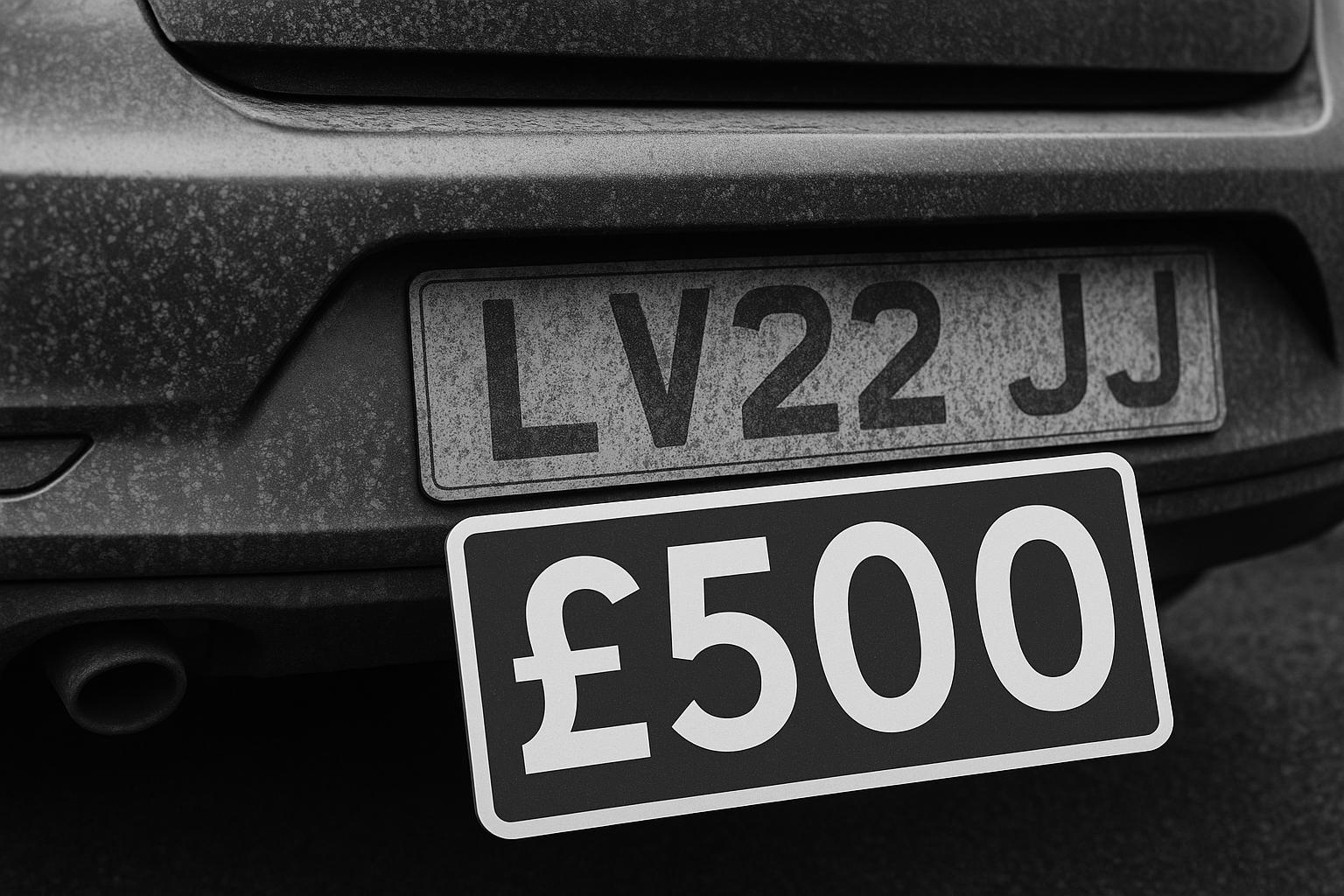Transport for London (TfL) has escalated its enforcement efforts against drivers who persistently evade Ultra Low Emission Zone (ULEZ) fines, warning that such individuals risk having payments deducted directly from their wages or even facing bankruptcy proceedings. In the last six months alone, TfL has seized more than 530 vehicles from drivers with longstanding unpaid fines, a figure that has since grown to over 1,400 vehicles seized in the past year. Bailiffs working on TfL’s behalf have recovered tens of millions of pounds through auctions and enforcement actions, highlighting the scale of non-compliance with ULEZ regulations.
The ULEZ, which was expanded in August 2023 to cover all London boroughs, imposes a £12.50 daily charge on vehicles that fail to meet set emissions standards, primarily targeting older petrol and diesel cars. Those who do not pay the daily charge incur penalty charge notices (PCNs), which can escalate to fines of up to £280 or £180 depending on the enforcement stage. According to TfL, a striking 94 percent of the outstanding debt is owed by drivers who have at least four unpaid PCNs, indicating a small but persistent group of evaders. The total value of unpaid ULEZ fines is approximately £800 million.
TfL is undertaking an "intelligence-led approach" to enforcement, utilising detailed tracking methods to locate drivers at multiple addresses and sharing data effectively with national agencies like the Department for Transport and the Driver and Vehicle Licensing Agency. This coordinated effort has enabled the recovery of around £16.5 million in road-user charges and fines in just the first half of this year. To further strengthen enforcement, TfL is tripling the size of its investigations team and working closely with enforcement agents to clamp, remove, and auction vehicles. Persistent non-payment may lead not only to vehicle seizures but also to more severe legal consequences such as bankruptcy or restrictions on property sales.
TfL is also trialling revised penalty charge notices designed to clarify the payment process, with the hope of encouraging more timely compliance. Alex Williams, TfL’s chief customer and strategy officer, emphasised that 97 percent of vehicles now comply with the ULEZ standards and that the majority of drivers pay the charges responsibly. "It is only a small group of persistent evaders who fail to do so," he said. Williams warned that ignoring PCNs can lead to enforcement agents recovering debts through vehicle removal or other means.
The funds collected from ULEZ charges and fines are reinvested into improving London's public transport infrastructure, including expanding bus routes in outer London, thereby supporting the broader objective of reducing air pollution and traffic congestion across the capital. Mayor of London Sir Sadiq Khan, who oversaw the expansion of the ULEZ, views these measures as vital for London’s environmental and public health goals.
Despite the tough stance, TfL has indicated that it offers support mechanisms for drivers struggling financially to meet their obligations, urging them to engage with penalty notices rather than ignore them. The tightening of enforcement underscores TfL’s commitment to making London’s air cleaner and streets safer, while signaling the increasing consequences for those who attempt to bypass the system.
📌 Reference Map:
- Paragraph 1 – [1], [2], [3], [4]
- Paragraph 2 – [1], [3], [6]
- Paragraph 3 – [1], [4], [5]
- Paragraph 4 – [1], [2], [3], [5]
- Paragraph 5 – [1], [2], [3]
- Paragraph 6 – [1], [2], [5]
- Paragraph 7 – [1], [2], [3], [6]
Source: Noah Wire Services
